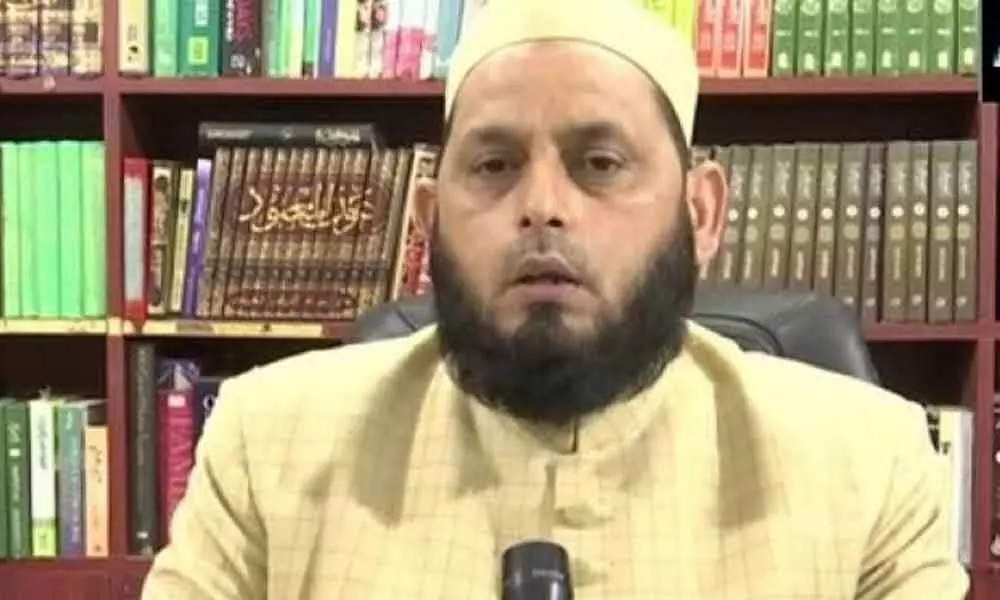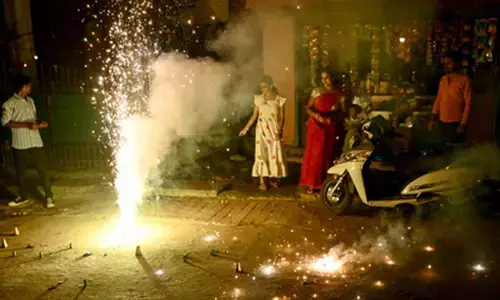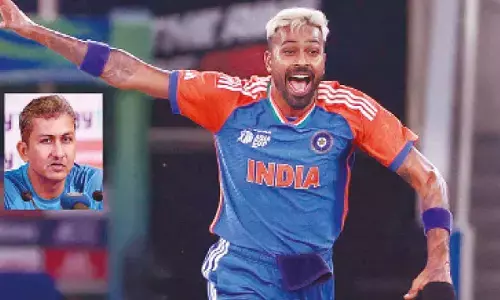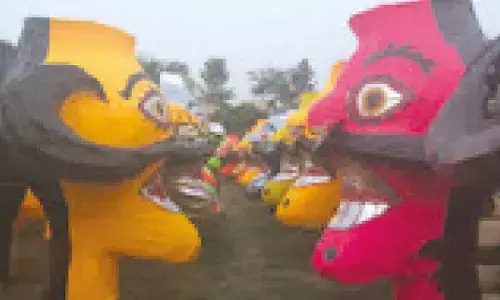Ahead of Ayodhya verdict, AIMPB asks Muslims to repose faith in Constitution

CJI Gogoi is expected to deliver the verdict in Ayodhya case before his retirement on Nov 17.
Lucknow: Ahead of the Ayodhya case verdict, senior member of the All India Muslim Personal Law Board (AIMPLB) Maulana Khalid Rasheed Firangi Mahali on Friday said imams should advice Muslims to repose faith in the Constitution and judiciary and maintain communal harmony.
Chief Justice of India Ranjan Gogoi is expected to deliver the verdict in Ayodhya case before his retirement on November 17.
In a statement here Maulana Khalid said, "As media reports suggest the Supreme Court's judgement on Ayodhya is going to come soon. You are aware of the fact that the Ayodhya case is the biggest and most sensitive case of independent India. The entire country and global community is looking towards the judgement. Hence, it is the responsibility of every citizen to honour the judgement of the court and maintain peace."
"My appeal is to every imam of various mosques to make appeal that Muslims need not to feel afraid, but they should repose faith in country's Constitution and judiciary, and whatever the judgement comes, we should honour it," he said.
Maulana Khalid also appealed to people not to indulge in any type of celebration after the judgement is out, not to indulge in sloganeering nor undertake protests.
"No issue should be raised which may hurt religious sentiments. The fabric of communal bonhomie and Ganga-Jamuni tehzeeb should not be allowed to be damaged," he said.
A 5-judge Constitution bench headed by the CJI had reserved the verdict on October 16 after concluding the 40-day-long hearing in the politically sensitive case
Fourteen appeals have been filed in the apex court against the 2010 Allahabad High Court judgment, delivered in four civil suits, that the 2.77-acre land in Ayodhya be partitioned equally among three parties -- the Sunni Waqf Board, the Nirmohi Akhara and Ram Lalla.


















